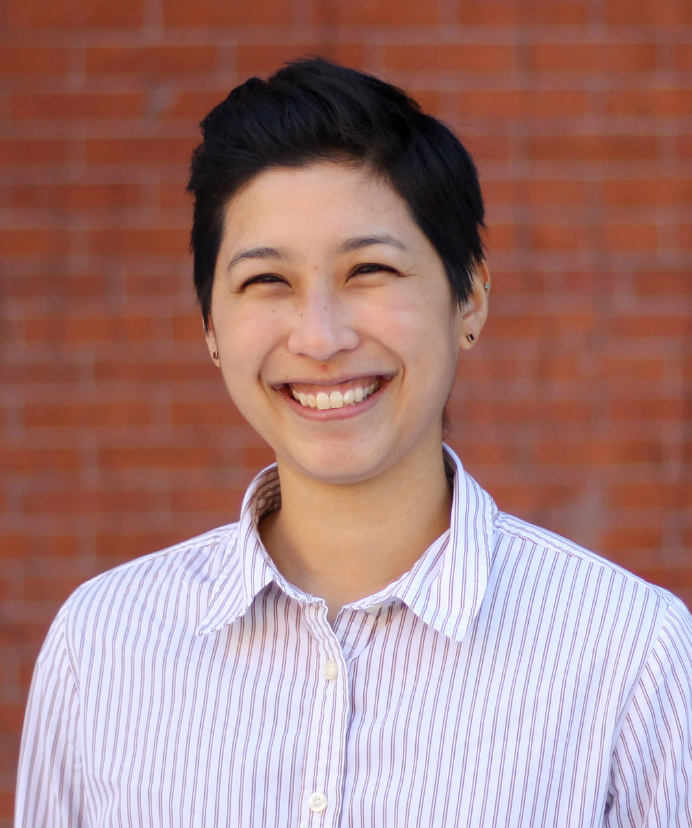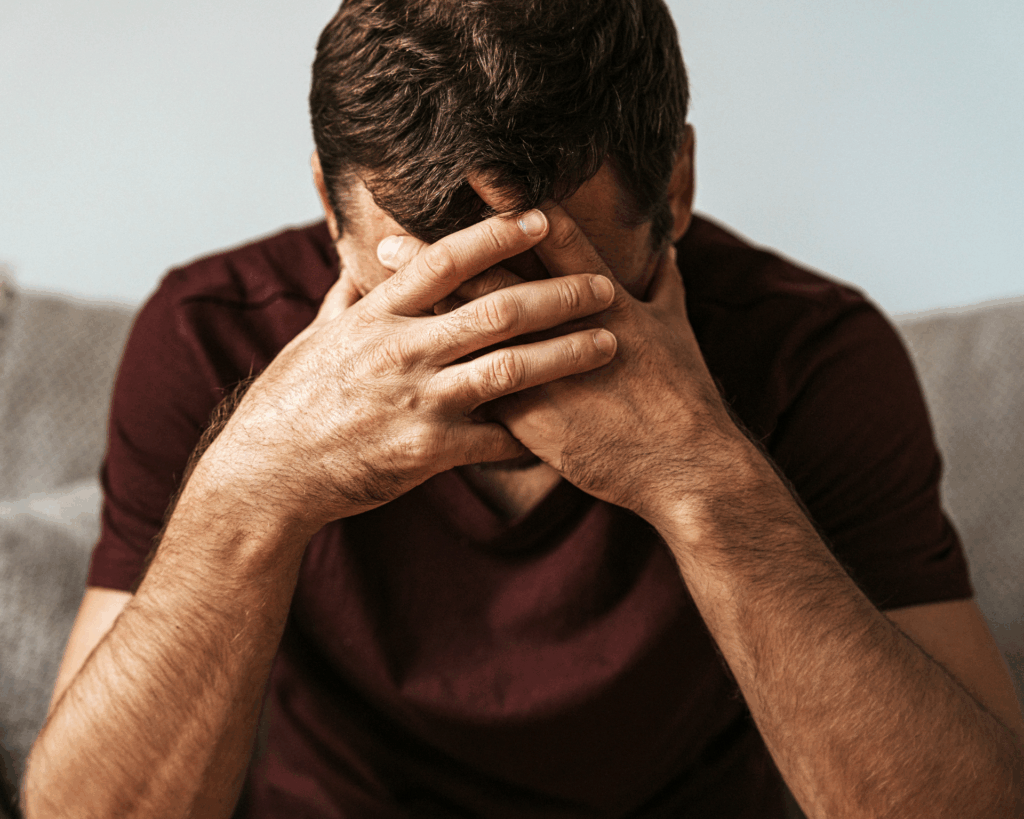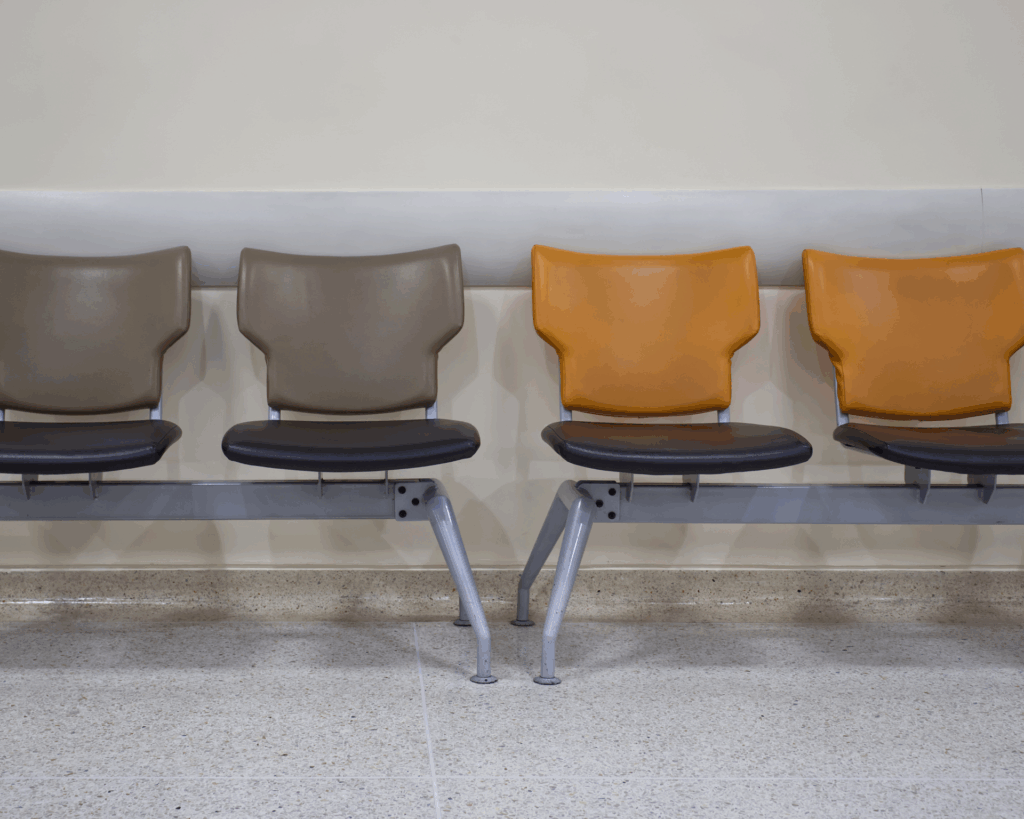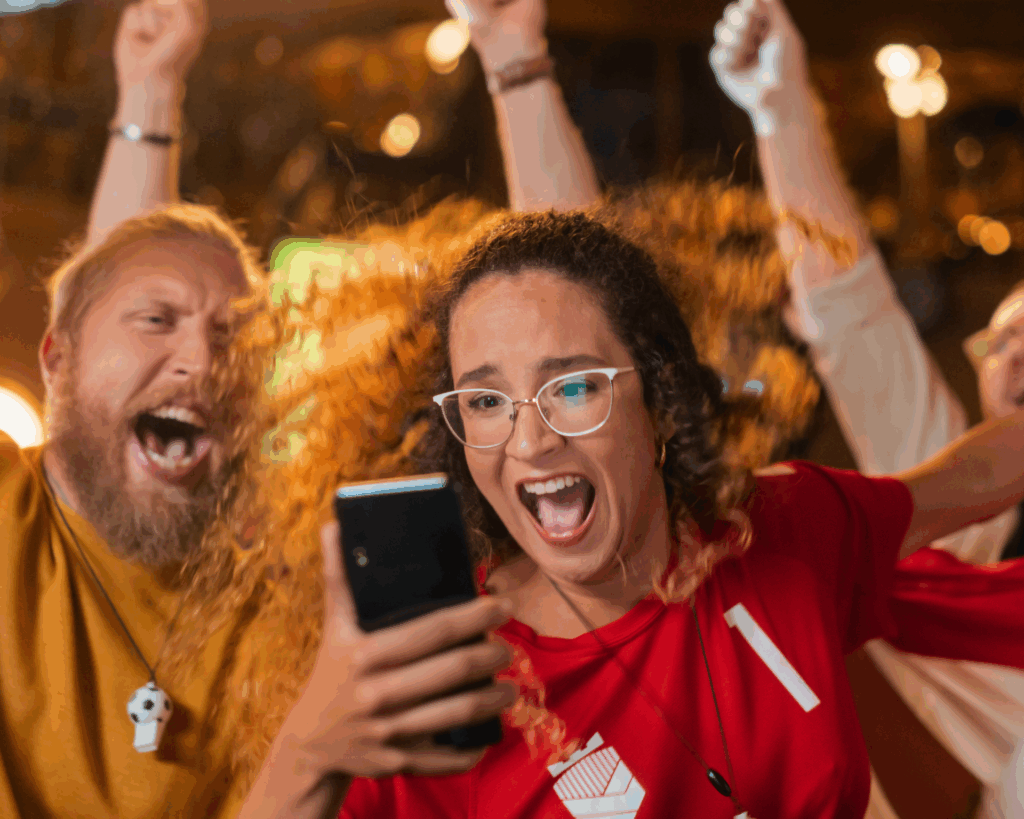Micro in Name, Macro in Effect
Three types of microaggressions negatively affected the self-rated health of Asians and Asian Americans.
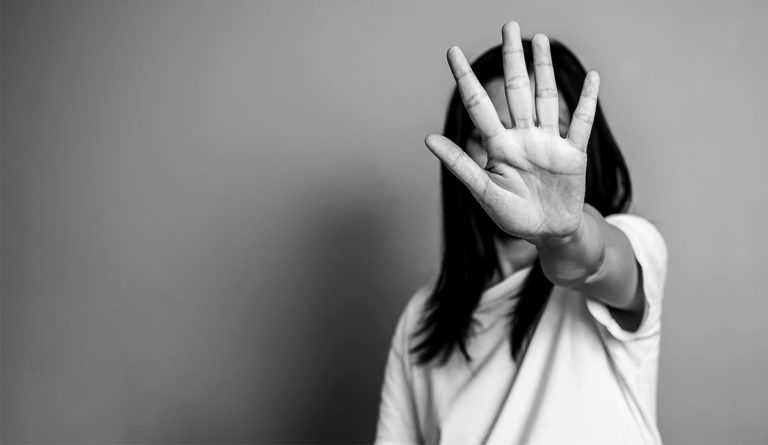
Read Time: 3 minutes
Published:
“Aren’t you good at math?”
“Wow, you speak English really well.”
If you are an Asian person, these microaggressions probably sound familiar. These “small” insults, comments, or even gestures, stem from deeply embedded stereotypes. Microaggressions often target one’s race, gender, or sexual orientation. And while “micro” implies these aggressions are trivial and harmless, this could not be further from the truth.
People who experience microaggressions are more likely to exhibit depression and anxiety. Physical health is also impacted. On days with more microaggressions, people have a greater chance of experiencing physical symptoms, such as aches and poor appetite.
Microaggressions are a common, and often daily, occurrence for racial minorities. Harvey Nicholson Jr and Di Mei explored how different types of microaggressions affected the self-rated health of Asians and Asian Americans. They obtained data from the 2016 National Asian American Survey – the largest, most representative, and ethnically diverse set of data on Asians and Asian Americans living in the US. Survey respondents rated their health on a scale ranging from “excellent” to “fair/poor.”
The researchers analyzed associations between self-rated health and three forms of microaggressions: (1) microinsults, which demean one’s racial or ethnic identity. This includes when an Asian person is assumed to be good at math or science, or is dismissed as an uncreative thinker. (2) microinvalidations, which negate thoughts, feelings, and lived experiences, such as acting as if an Asian person doesn’t speak English. And lastly (3) microassaults, which are explicit verbal and non-verbal behaviors targeting one’s racial or ethnic identity. Microassaults include being threatened, name-called, or receiving worse service than others in restaurants or stores.
All three types of microaggressions negatively affected the self-rated health of Asians and Asian Americans. Participants who experienced the microinvalidation, “People act as if you don’t speak English,” had 1.6 times higher odds of reporting poor health. This microinvalidation perpetuates the perceived foreignness and second-class citizenship of Asians and Asian Americans. These comments further negate the lived experience of the many Asians who were born in the US and grew up speaking English.
The microinsult, “People assume you are not a creative thinker,” was also associated with poorer self-rated health.
The microinsult, “People assume you are not a creative thinker,” was also associated with poorer self-rated health. The model minority myth drives the stereotype that Asians are good at math and science. Consequently, Asians who pursue more “creative” (e.g., artistic) careers may face heightened judgment from family, peers, and society, which can negatively affect their health.
Additionally, the research team looked for health differences between foreign-born Asians and those born in the US. They found that microassaults – particularly being threatened or harassed – were associated with poorer health for both groups. However, foreign-born Asians were significantly more likely to experience worse health from these assaults compared to Asians born in the US. The authors suggest foreign-born Asians may experience more amplified and intense threats and harassment, leading to worse health outcomes.
While a single microaggression may seem insignificant, the cumulative impact from these daily comments is large. Microaggressions are small in name, but their macro impact on overall health should not be underestimated.
Photo via Getty Images
